Six key climbs of the 2019 Tour de France
We take a look at some of the most important climbs of the 2019 Tour de France
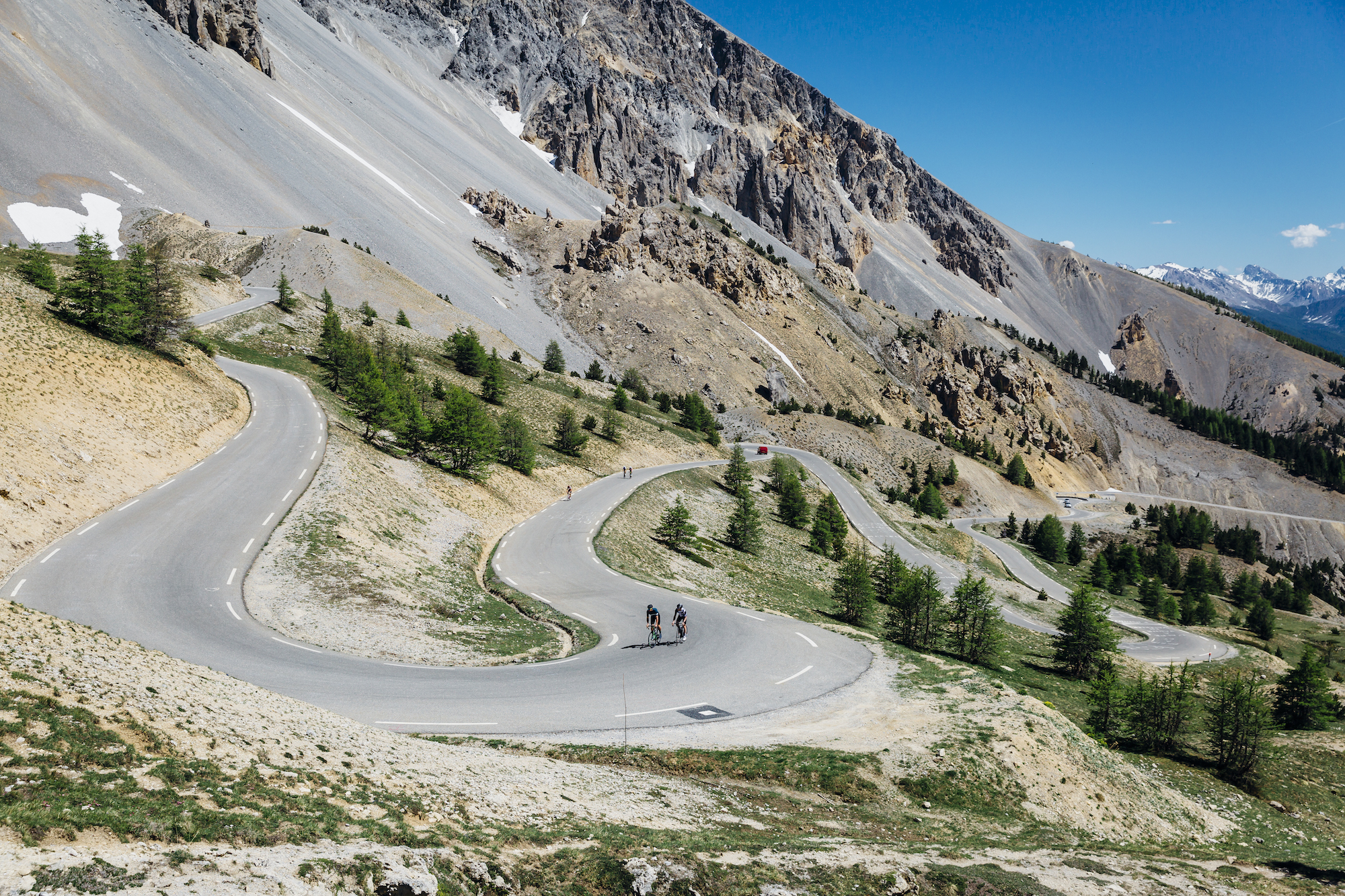
The Tour de France 2019 route will feature five mountain-top finishes over the 3,460 kilometres of the 106th edition of the race.
>>> Tour de France 2019: route and stage analysis
This year's Tour will honour 100 years of the yellow jersey, as well as Eddy Merckx by making Brussels the location of the Grand Départ. Whoever wins the 100th maillot jaune, however, will most likely claim the wins on the many kilometres of uphill road that define the routes of the three Grand Tours.
But which climbs will be key in deciding who takes the overall win? Of course every mountain stage will play it's part, but we've identified five climbs that will play a big part in determining who will climb up to the top step of the podium on the Champs Élysées after 21 days of racing.
Stage six: La Planche des Belles Filles

La Planche des Belles Filles will be the first real GC test of the 2019 Tour, where we'll get the first glimpses of which contender can potentially go the distance as well as see sub-plots such as which Ineos rider of Geraint Thomas and Egan Bernal is stronger.
The first of five summit finishes, the climb is seven kilometres in length with an average gradient of 8.7 per cent but reaching a maximum of 20 per cent near the summit.
Get The Leadout Newsletter
The latest race content, interviews, features, reviews and expert buying guides, direct to your inbox!
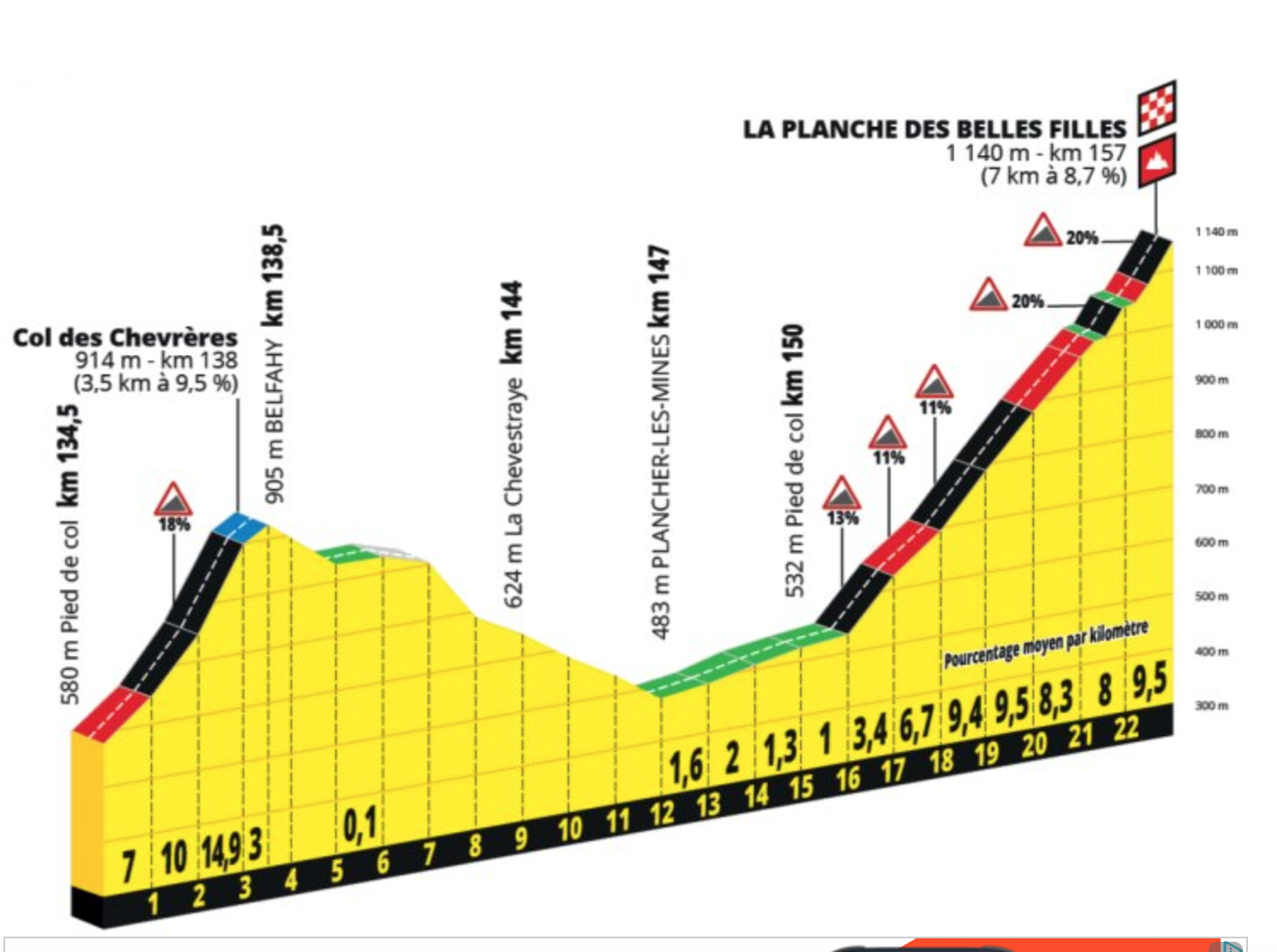
The last time the race went up the climb was on stage five in 2017, when Fabio Aru (UAE Team Emirates) attacked with 2.4km to go, winning the stage ahead of Chris Froome (Ineos) who took the yellow jersey. This year however, the climb continues further, with organisers taking riders up a steep 1km gravel section to the finish line.
Stage 14: Col du Tourmalet
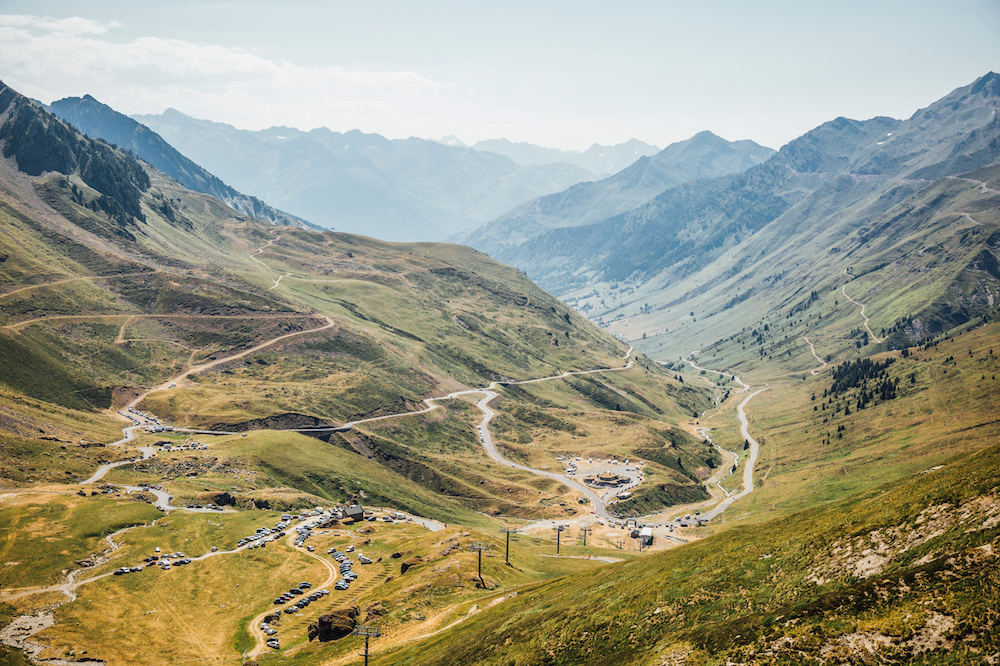
The Tourmalet has been featured more than any other climb since the introduction of the Pyrenees mountains to the Tour in 1910.
Julian Alaphilippe (Deceuninck - Quick-Step) won the last time the Tour crested the climb on stage 20 of last year's race, whilst Thibaut Pinot (Groupama-FDJ) was victorious on stage eight in 2016, with both Frenchman taking the start line in Brussels on July 6.
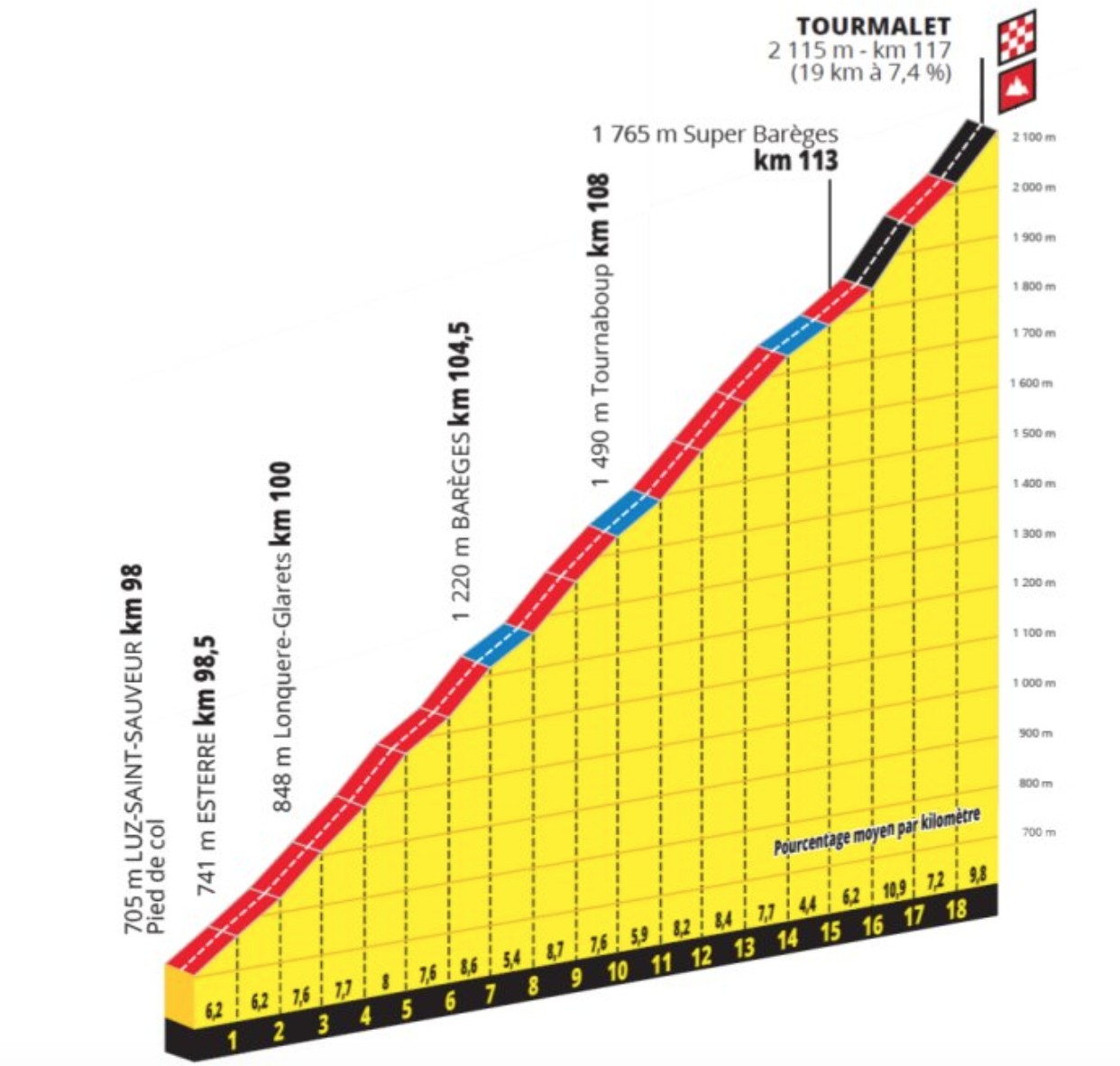
The Tour's 2019 visit to the Tourmalet will be only the third time the climb has been used as a summit finish, compared to the 86 total ascents in the race's history. The first Tourmalet summit finish was in 1974 and the other was in 2010, when Andy Schleck won the stage after ascending the climb for the second time in two days, another first for the Tour.
This year the 19km climb with an average gradient of 7.4 per cent is placed at the end of stage 14, the first of two mountain days on the third weekend of the Tour. Expect fireworks.
Stage 15: Foix Prat d'Albis
Positioned between the Tourmalet finish and the second rest day, the Foix summit finish of stage 15 could provide the perfect opportunity for a GC contender to squeeze everything out of their legs knowing the pack will be knackered after a testing week for all of those with ambitions for the overal as well as having a day off the bike coming up.
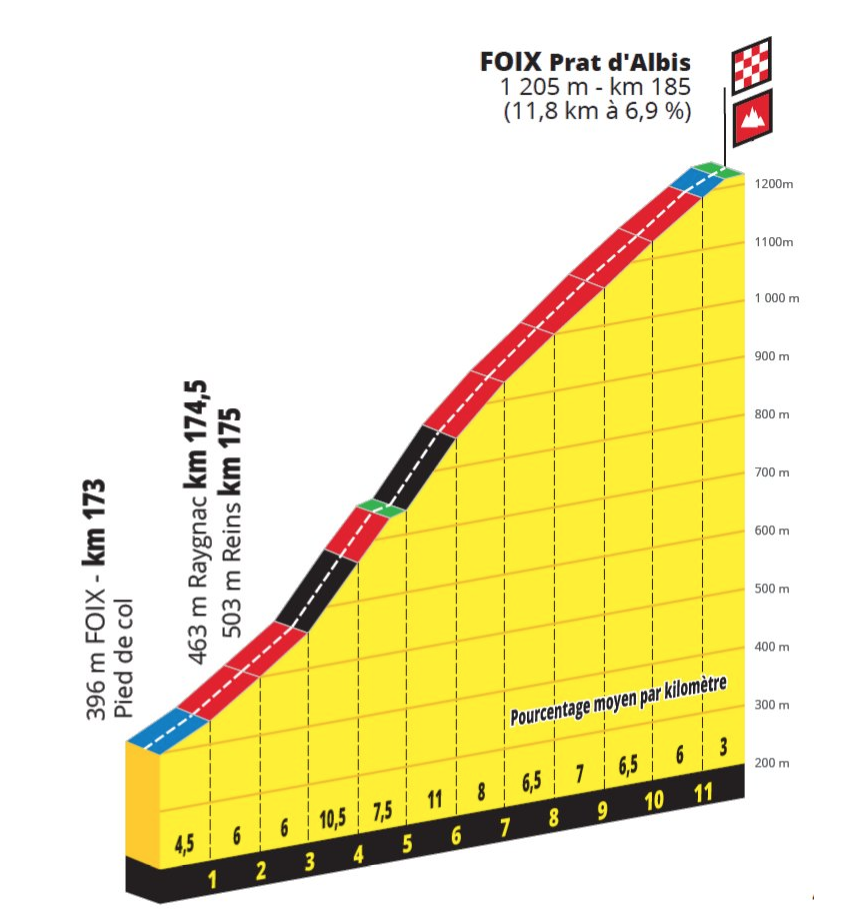
The climb ramps up quickly, reaching maximum gradients of 10.5 and 11 per cent in the first half of the 11.8km climb before levelling off as the riders head towards the finish line.
Stage 18: Col d'Izoard
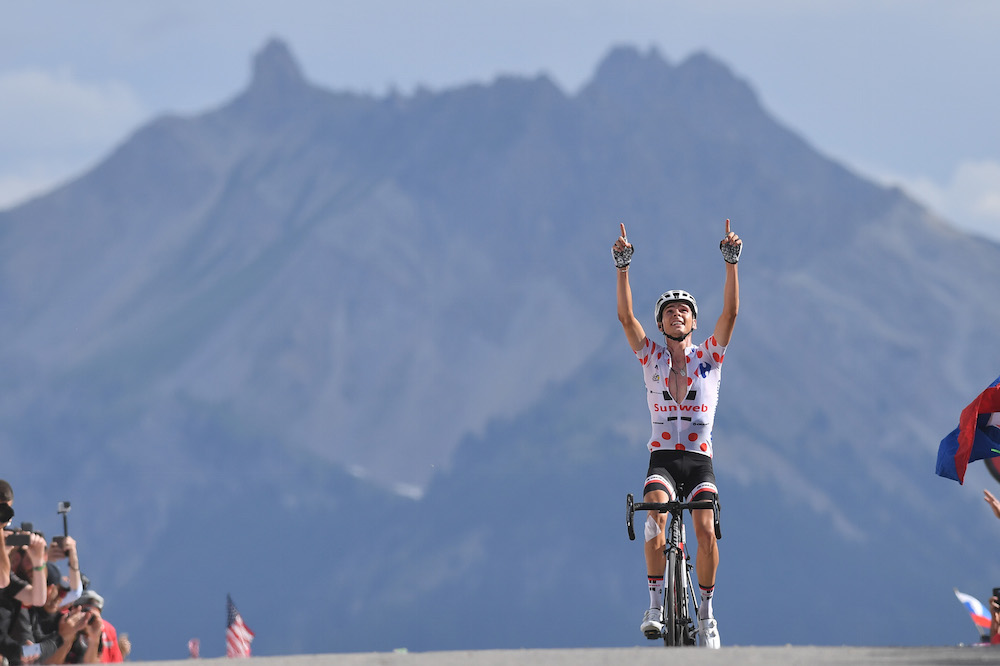
Stage 18 features two iconic Tour climbs and kicks off a blockbuster trio of mountain days. First up is the Col d'Izoard, a climb steeped in Tour history thanks to the exploits of the likes of Fausto Coppi, Gino Bartali and Louis Bobet.
The climb begins after 119km of racing this year, with an average gradient of 7.3 per cent up the 14.1km ascent. The second half of the climb is steepest, reaching gradients of up to 10 per cent.
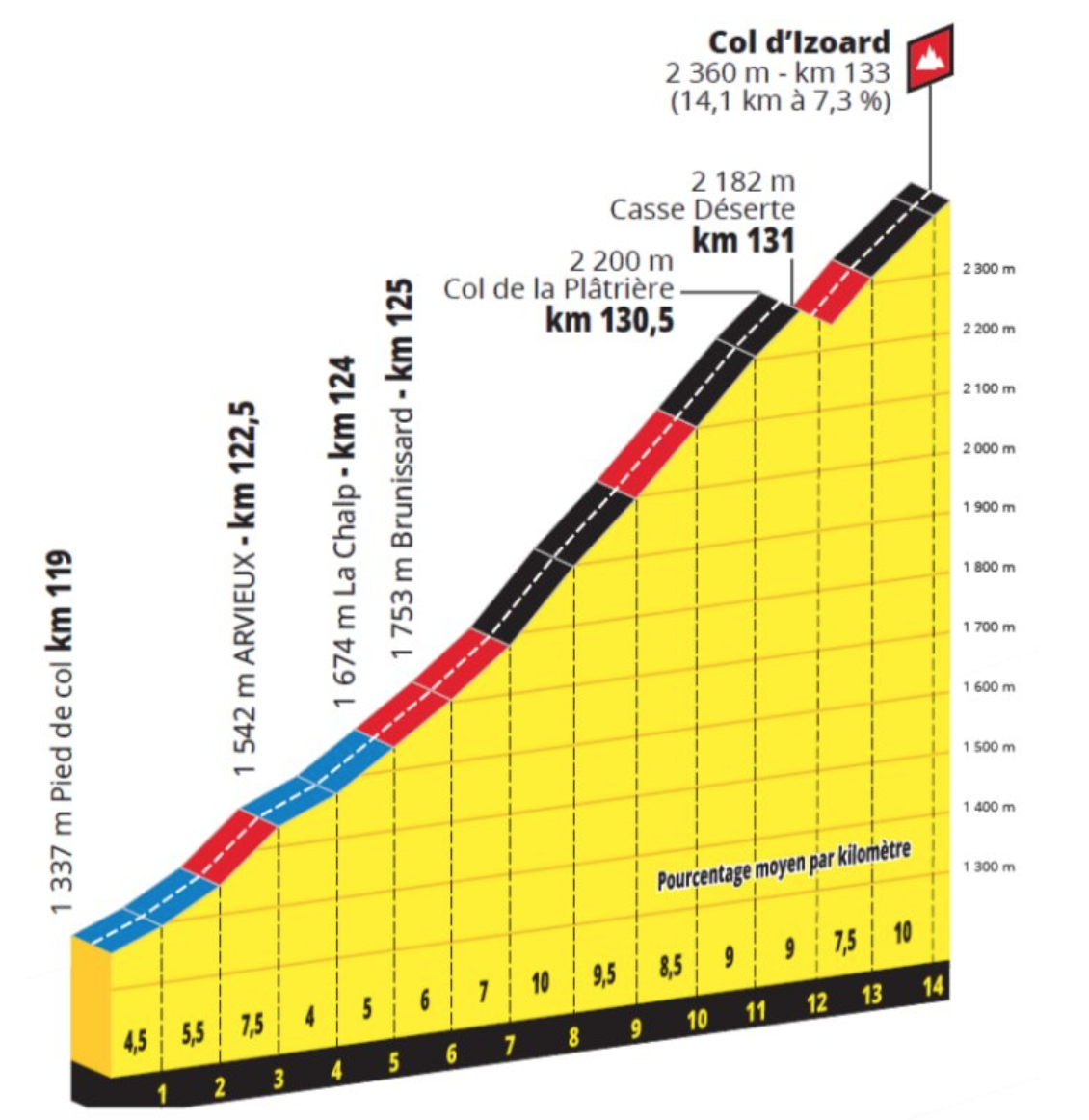
The Col d'Izoard last featured on stage 18 back in 2017. On that day Warren Barguil took the stage, with Chris Froome, Romain Bardet and Darwin Atapuma finishing in a group 20 seconds back.
Stage 18: Col du Galibier
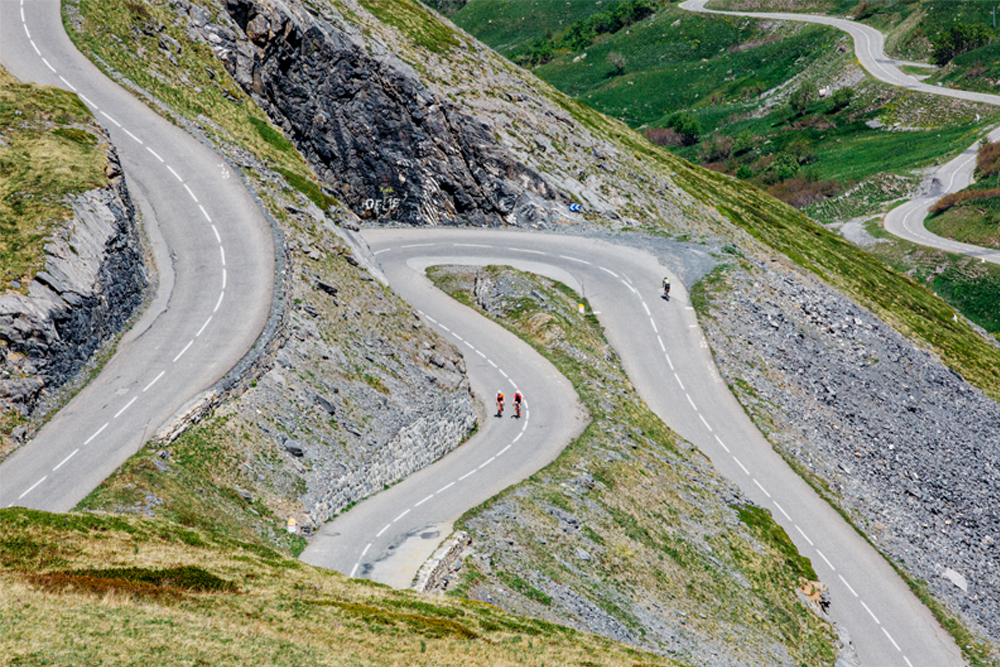
After a 20km descent down from the Col d'Izoard the respite ends and the peloton face a second HC-category climb, the Galibier.
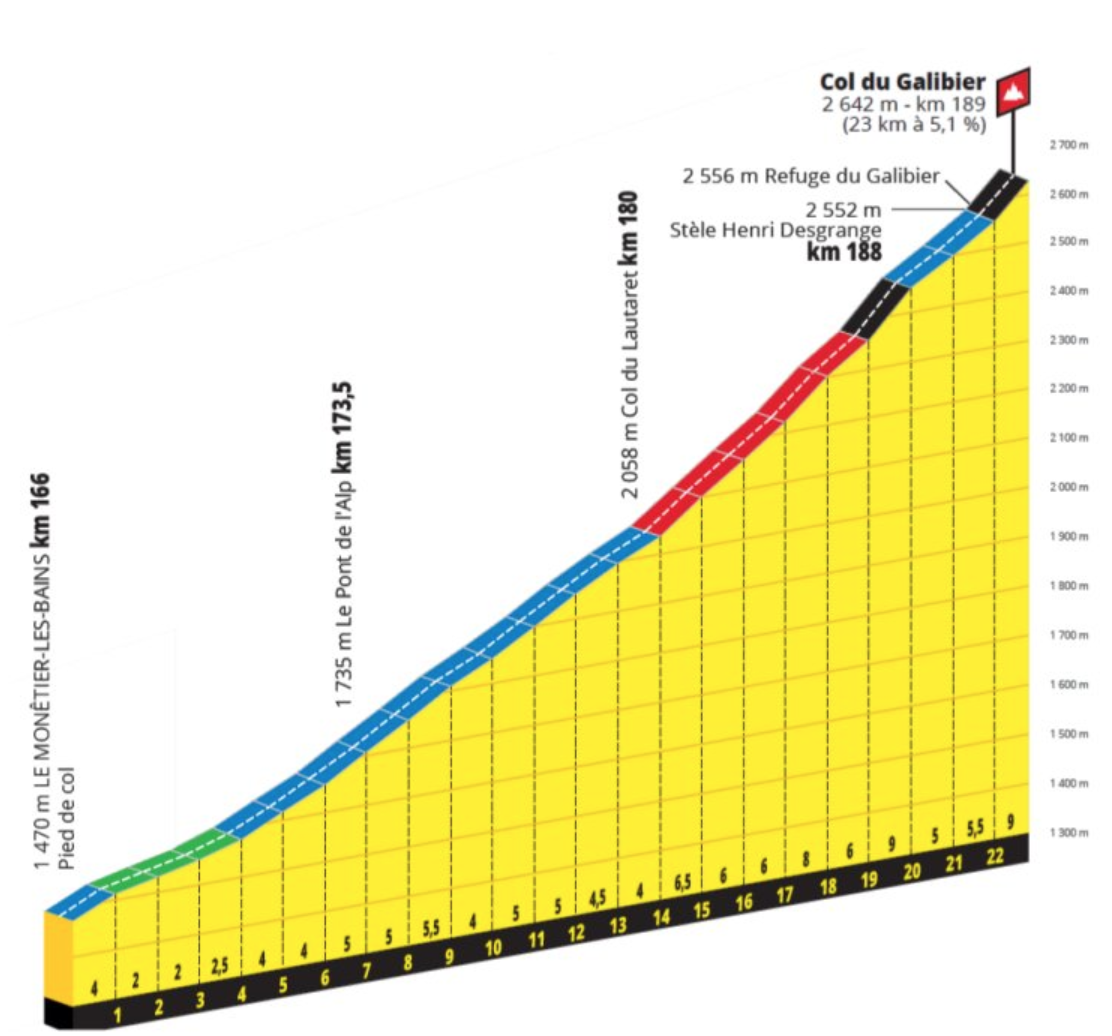
Riders take on the slightly easier side of the climb via the Col du Lautaret, but will face a technical descent the other side. While the average gradient of the climb is only 5.5 per cent over the 23km-long climb, the riders will still be feeling the Izoard in their legs.
Although the finish line isn't at the summit, bringing back any riders on the 19km descent into Valloire will be a difficult task.
Stage 20: Val Thorens
The final climb of the entire race, whoever is in yellow here will be dreaming of Paris in the foothills of the ascent. However, that may be a bit premature as it's a long slog to the top where the ski resort of Val Thorens lies, at 33.4km with an average gradient of 5.5 per cent. The road to Val Thorens has only been used once in the Tour before in 1994, on a stage won by Colombia's Nelson Rodríguez.
The climb itself is fairly steady and levels off in places that may offer opportunities for attacks, especially from riders looking at last-gasp attempts to take the overall classification or to rescue their Tour with a stage win.
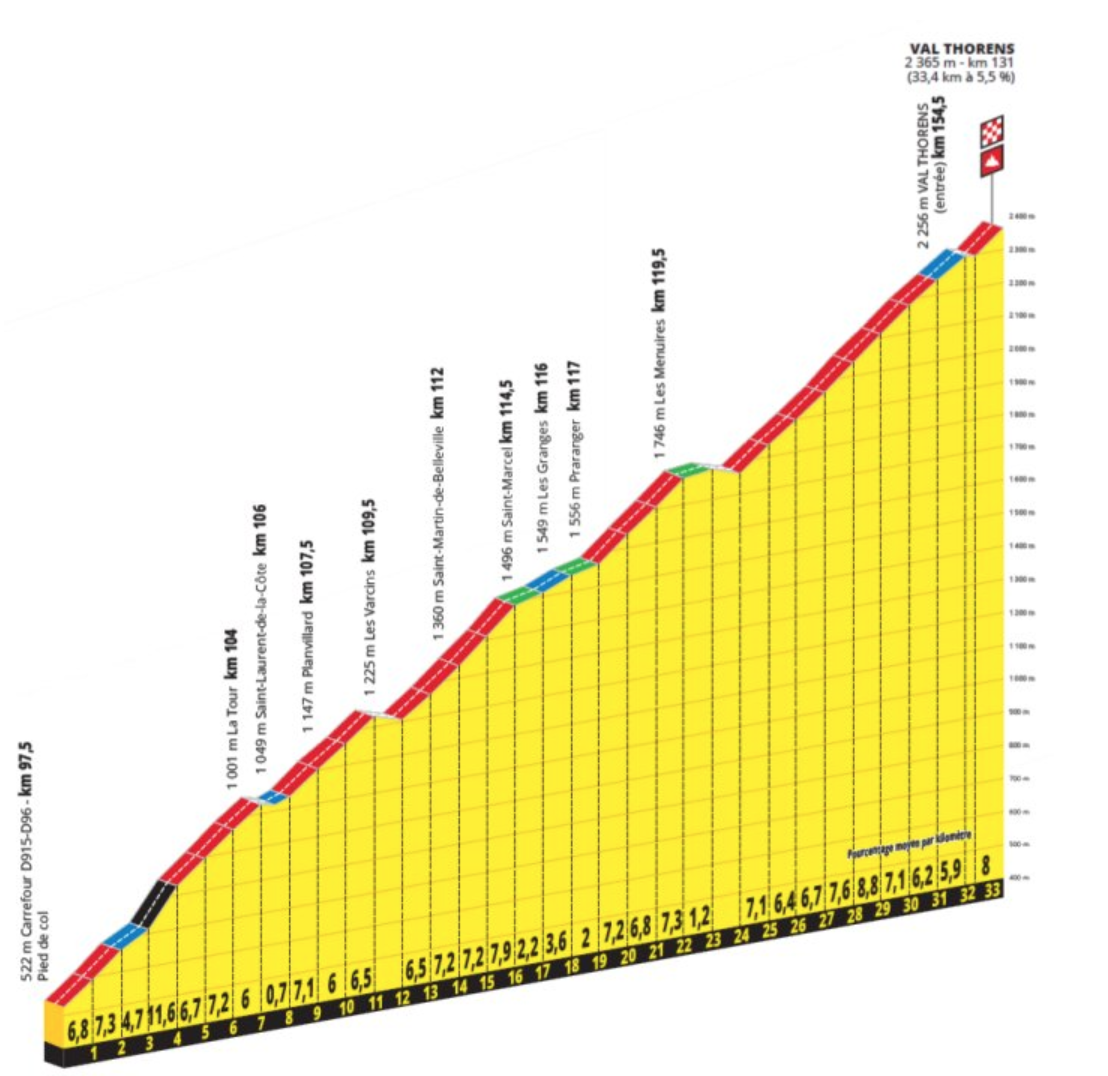
The summit finish means all GC contenders will have to be on their guard right until the very last metre before the processional stage 20, and the length of the climb means if someone cracks then there is a lot of time to be lost.
The Tour de France 2019 runs from July 6 starting in Brussels to July 28 in Paris.

Thank you for reading 20 articles this month* Join now for unlimited access
Enjoy your first month for just £1 / $1 / €1
*Read 5 free articles per month without a subscription

Join now for unlimited access
Try first month for just £1 / $1 / €1
Jonny was Cycling Weekly's Weekend Editor until 2022.
I like writing offbeat features and eating too much bread when working out on the road at bike races.
Before joining Cycling Weekly I worked at The Tab and I've also written for Vice, Time Out, and worked freelance for The Telegraph (I know, but I needed the money at the time so let me live).
I also worked for ITV Cycling between 2011-2018 on their Tour de France and Vuelta a España coverage. Sometimes I'd be helping the producers make the programme and other times I'd be getting the lunches. Just in case you were wondering - Phil Liggett and Paul Sherwen had the same ham sandwich every day, it was great.
-
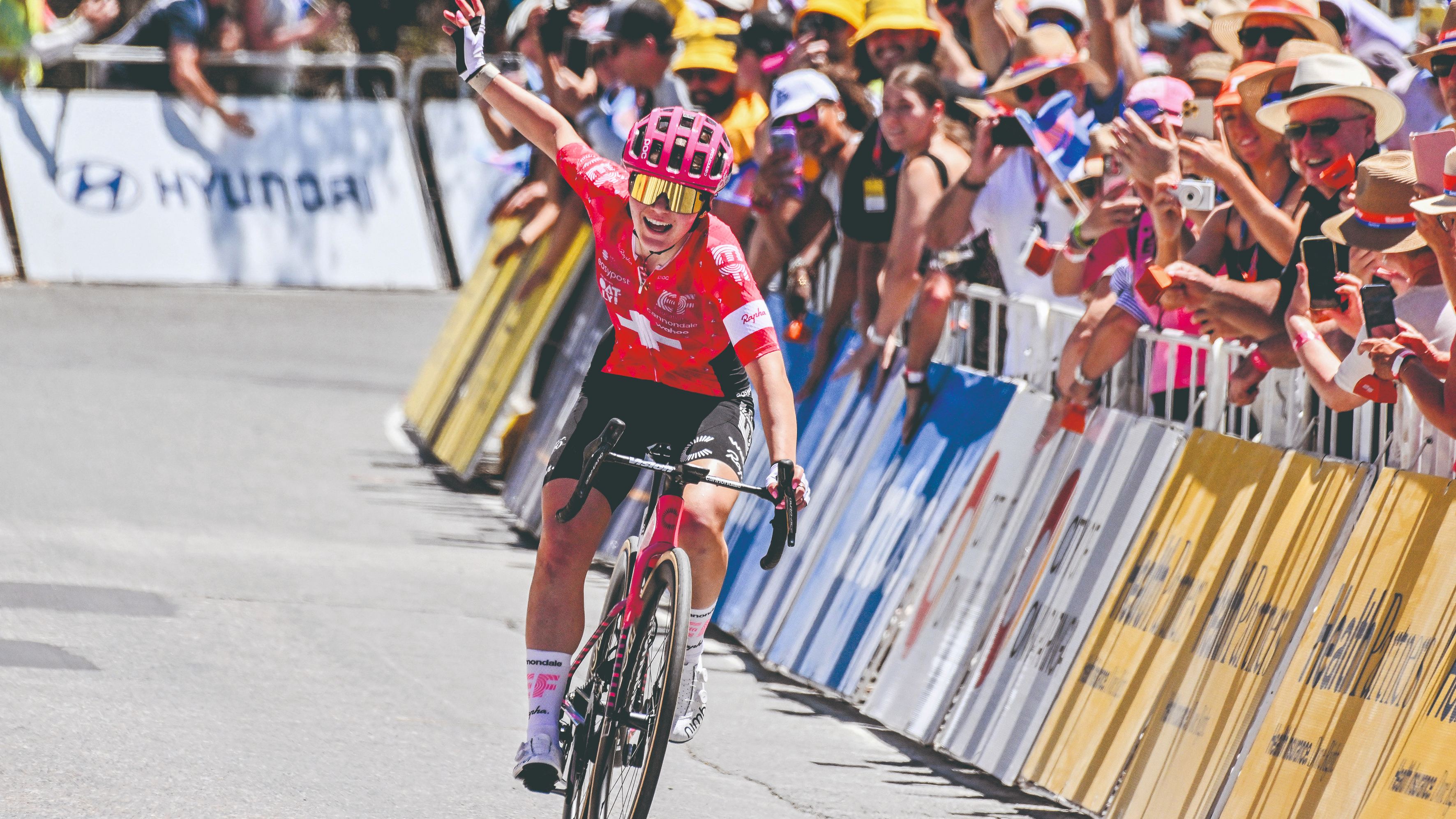 How do the pros train? Noemi Rüegg's 26 hour training week
How do the pros train? Noemi Rüegg's 26 hour training weekWinner of this year’s Tour Down Under, the EF Education-Oatly rider is a climber whose talent is taking her to the top
By Chris Marshall-Bell
-
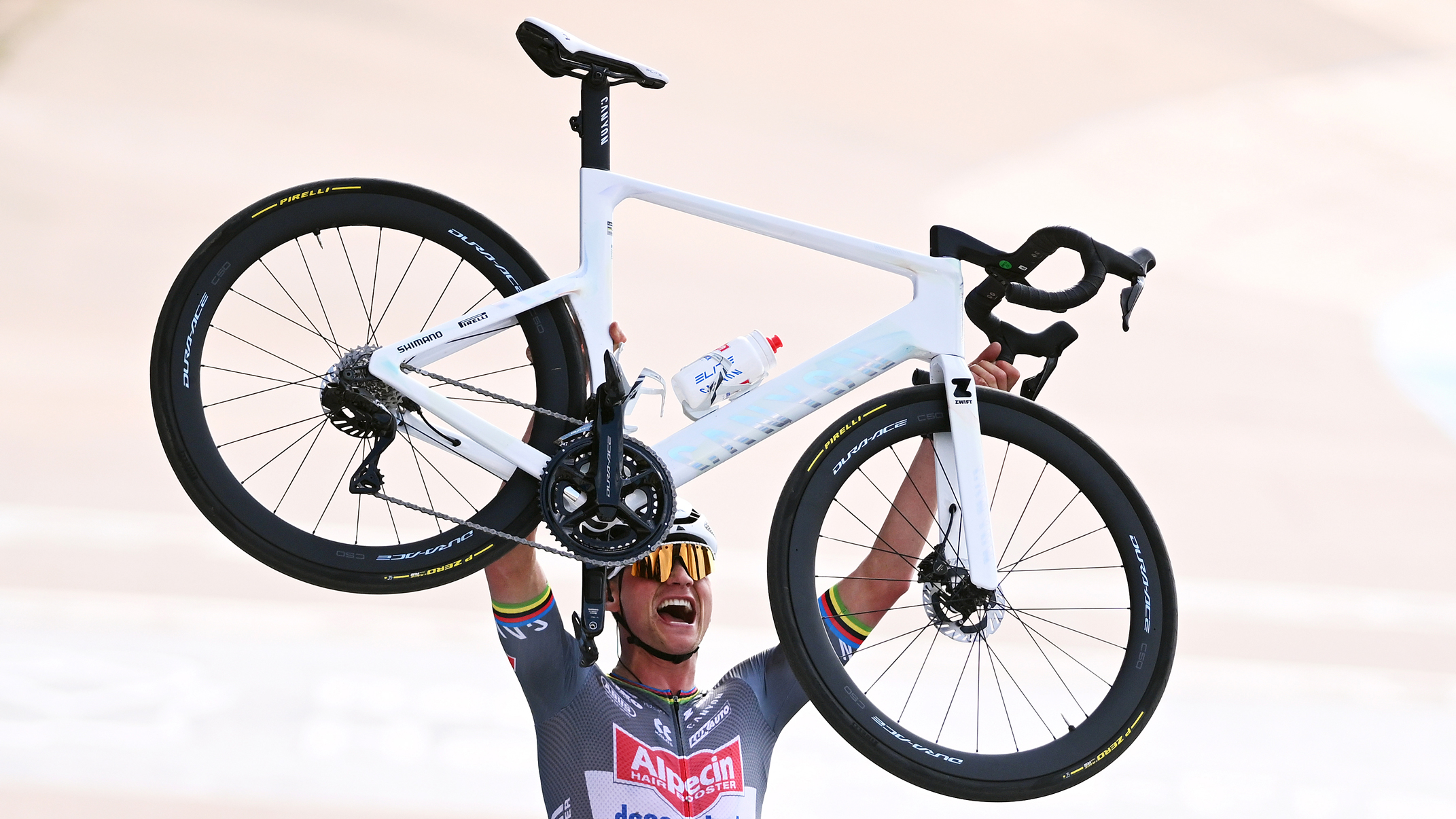 Save £42 on the same tyres that Mathieu Van de Poel won Paris-Roubaix on, this Easter weekend
Save £42 on the same tyres that Mathieu Van de Poel won Paris-Roubaix on, this Easter weekendDeals Its rare that Pirelli P-Zero Race TLR RS can be found on sale, and certainly not with a whopping 25% discount, grab a pair this weekend before they go...
By Matt Ischt-Barnard